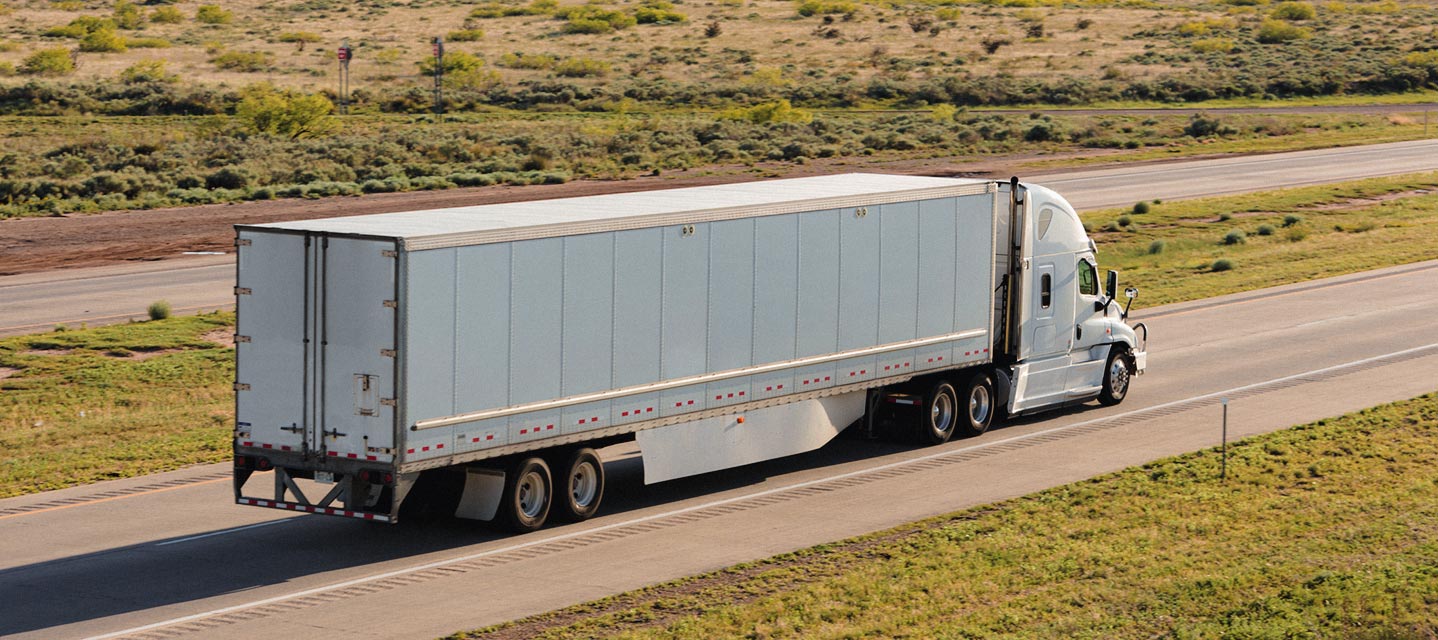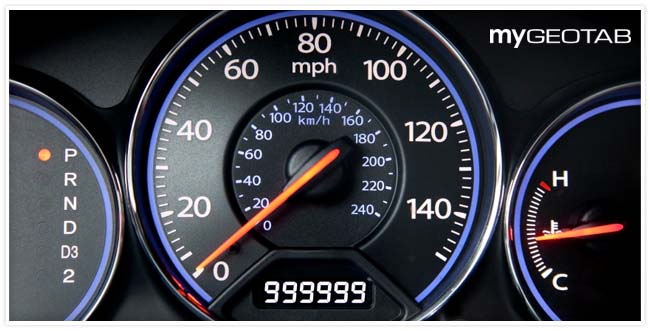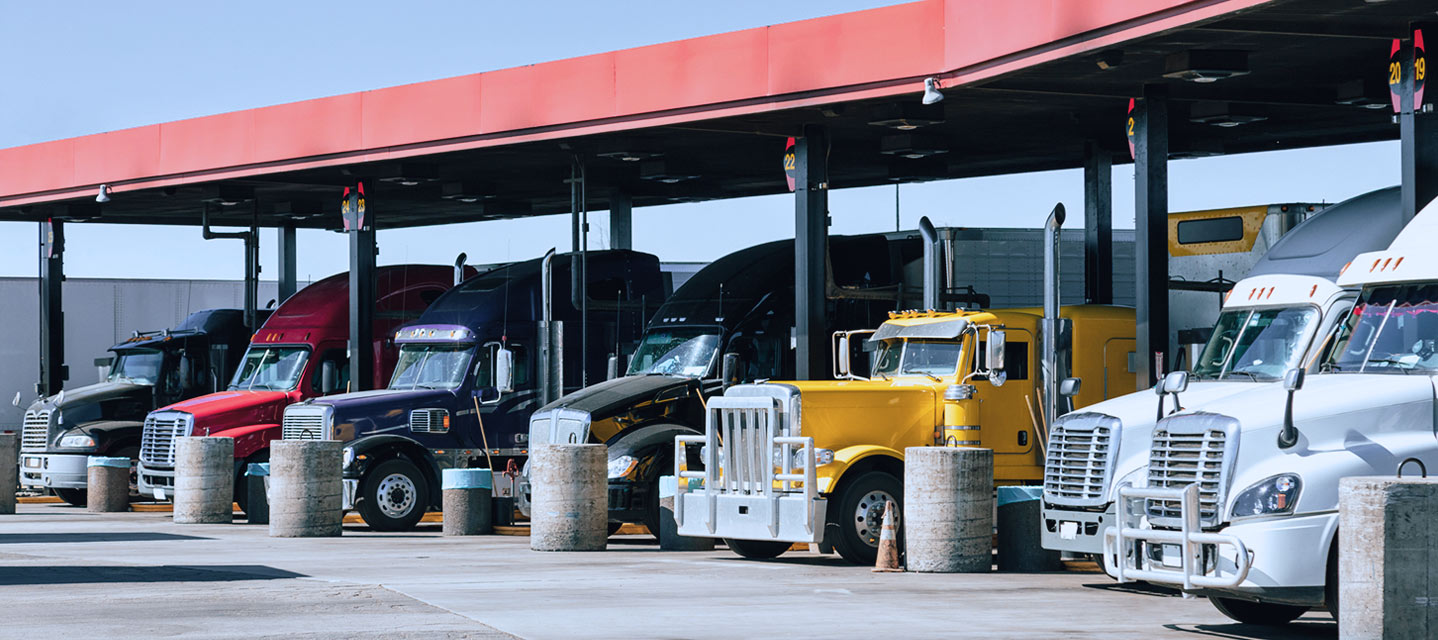Fleet electrification trends 2020
Sustainability will be a priority for many businesses in 2020 - how will this impact fleet electrification?
By Geotab Team
Aug 21, 2024

As we roll into a new decade, fleet management is going seriously green. Most large organizations are now transitioning to meet their environmental and sustainability goals. Many fleet managers are taking a lead on the issue, instead of waiting for legislation to catch up.
While growing public concern for air quality and waste elimination have pushed companies to consider changing their practices, electrification can also offer businesses lucrative, long-term benefits.
See also:
Global Fleet Conference 2020: Restarting with an electric focus
What is a sustainable fleet?
A sustainable fleet focuses on reducing its environmental impact. This includes reducing vehicle emissions, minimizing waste and increasing fuel efficiency. Here are some examples of common sustainable fleet management goals:
- Retire older, inefficient and unsafe vehicles
- Upgrade vehicles to zero-emission vehicles (ZEVs)
- Utilize fleet telematics software to:
- Track vehicle performance
- Monitor driver behavior
- Optimize routing and transport utilization
- Provide eco-driver training and incentives
- Develop robust preventative maintenance and vehicle check programs
- Practice vehicle right-sizing
- Reduce dependence on fossil fuels
Operators can now receive third-party accreditation for meeting defined standards of fleet sustainability through the CALSTART program, in collaboration with the National Association of Fleet Administrators (NAFA).
Many fleets now see the operational and financial benefits of transitioning their fleets to electric. A joint study by UPS and GreenBiz found that electric fleets are generally quieter, require less maintenance and offer newer safety features. They can also be more efficient and generally emit fewer hazardous emissions. Survey respondents also suggested that many drivers prefer electric vehicles.
The road to sustainable fleet management
By adopting new vehicle technology, employing strategic management techniques and implementing telematics, managers can make considerable improvements to their fleet’s environmental performance. These can result in broad-reaching benefits for the organization and society at large.
Electrification super-charges the green transition
One of the most effective strategies for maximizing fleet efficiency and meeting corporate sustainability targets is to electrify the fleet.
When vehicle telematics systems are utilized to identify the best candidate vehicles for replacement, based on duty cycle and fuel efficiency, the total cost of ownership (TCO) of electric vehicles is often less than for a comparative diesel vehicle, due to lower fuel costs and reduced maintenance.
Top fleet electrification trends for 2020
Electric vehicles (EVs) are set to expand into all sectors and vehicle sizes. In our new Geotab white paper, we look at key trends that will affect the electric fleet market over the next few years. Here are some of the top fleet electrification trends for 2020:
1. Battery prices are falling fast
The battery used to represent 57% of the total cost of a light-duty EV. But prices are falling: by 2025, it is predicted that the battery will account for 22% of total cost. Reasons for these lowered prices include improvements in battery chemistry, increased government support for research and development, and expanded production capacity.
Experts believe that by 2028, we will be building batteries for 35-37 million EVs around the world annually. Global production capacity is limited, however, by the availability of raw materials. To reduce the need for raw materials, and reduce the risk of supply shortages, we need to focus on end-of-life management, such as reusing and recycling batteries.
2. Fleets have much to gain by collaborating
Each year, we see new collaboratives such as the Climate Mayors Electric Vehicle Purchasing Collaborative. These entities leverage their collective buying power to enable individual fleets to access preferential rates for EVs and charging infrastructure.
Multi-government policy forums, such as the Electric Vehicles Initiative, align stakeholders across different sectors to accelerate the worldwide adoption of EVs. Its member countries, together with supporting companies and organizations, have signed up to an ambitious campaign to achieve 30% new electric vehicle sales by 2030. The EV30@30 campaign supports the market for all classes of EV, and the deployment of sufficient charging infrastructure to power those vehicles.
Operators participating in these forums benefit from a larger platform to make public pledges for the electrification of their fleets. They also gain access to shared learning and best practice guidance. Operators have the opportunity to enter into a dialogue with the public and private stakeholders that can influence a fleet’s potential rate of EV adoption.
3. Heavy-duty vehicle segments are being electrified
Most traditional van manufacturers have now launched electric models and sales are expected to accelerate in the 2020s. Bloomberg New Energy Finance (BloombergNEF) predicts that 56% of light commercial vehicle sales and 31% of medium commercial vehicle sales will be electric by 2040.
Electric buses are another growing category. By 2040, BloombergNEF estimates that electric buses will represent just under 70% of the global fleet. Lower TCO and government mandates requiring electrification of the public transport network will combine to drive this swift transition.
Although medium- and heavy-duty trucks are currently lagging behind, the use of electric trucks for urban duty cycles is likely to increase as battery capacity is less of a limiting factor. With more and more cities creating low- or zero-emission zones in the coming decade, electric trucks are likely to make a strong penetration into the marketplace.
Learn more about transitioning to and operating electric vehicles in your fleet by visiting Geotab's Fleet Electrification Knowledge Center
Subscribe to get industry tips and insights
The Geotab Team write about company news.
Table of Contents
Subscribe to get industry tips and insights
Related posts

Run on Less data redefines electric truck viability
December 17, 2025
4 minute read

.jpg)

The future of transportation: Trends, research and what’s next according to experts
July 17, 2025
9 minute read

Odometer reading: How to check + optimize for smarter fleet management
July 15, 2025
5 minute read

9 strategies to increase fleet fuel efficiency and lower fuel costs
July 8, 2025
4 minute read